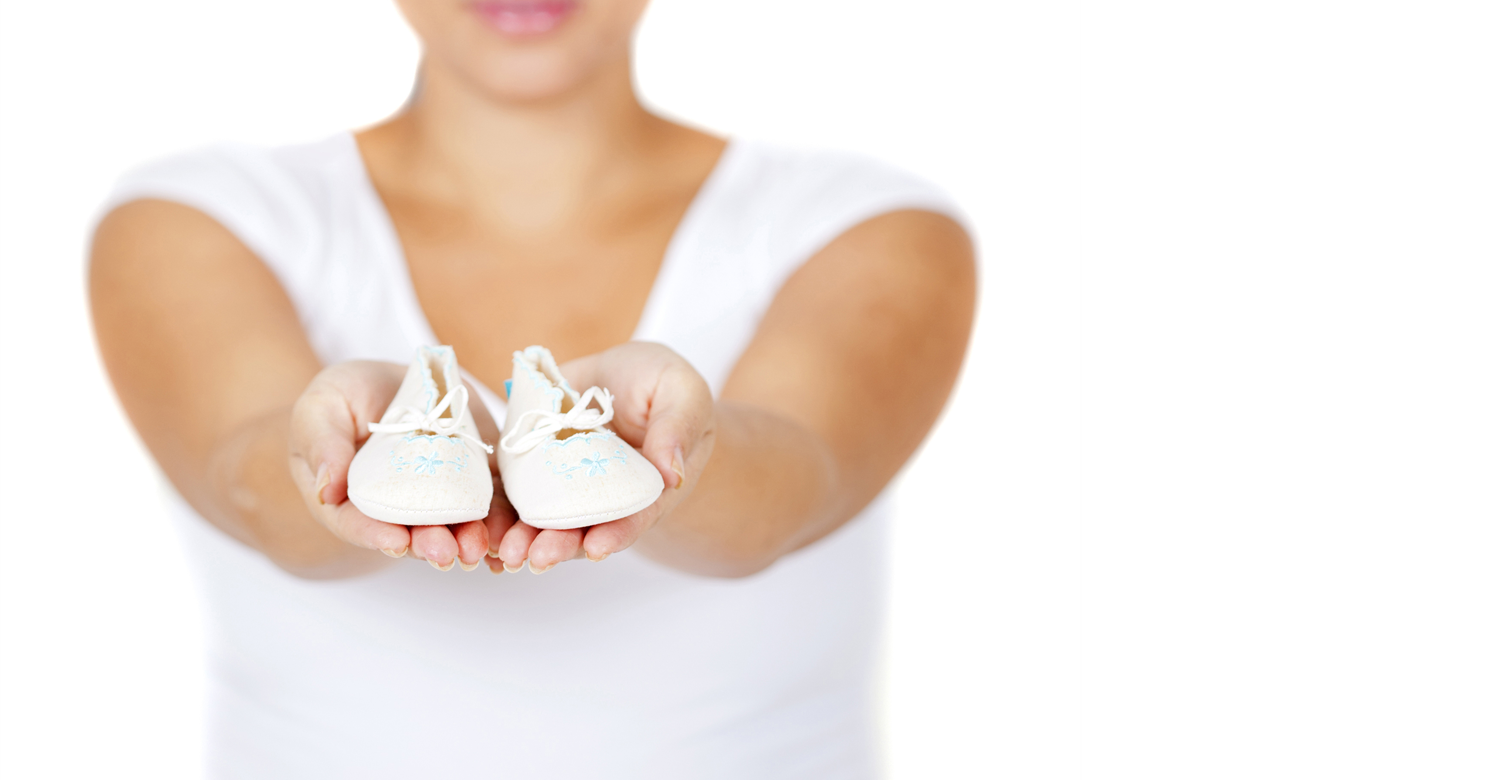
Donor egg treatment
Pre-donation
Initially, you will need to have a consultation with a Fertility Plus medical specialist to discuss whether egg donation is the appropriate treatment for you.
You and your partner will need to have a blood test for HIV and Hepatitis B and C.
You and your partner will need to meet with a Fertility Plus counsellor who will be able to offer support if you are considering this treatment option for the first time. The counsellors can provide information in regards to finding an egg donor and how to navigate conversations with potential donors. They will explore the emotional, ethical and social implications which may be involved and will discuss the legal information in detail. .
If you are using a known egg donor you will need to have a joint counselling session with the donor (and her partner, if applicable).
In some circumstances approval is required from the Ethics Committee on Assisted Reproductive Technology (ECART) before a donation can take place between family members. Approval is NOT required if the donor is a sister or cousin of the recipient woman but is required between any other family members. In these cases, an application will need to be prepared and submitted to ECART and the Fertility Plus counsellors can provide you with more information on this process.
The Fertility Plus specialist will discuss with you whether it is appropriate for you to have the embryo transferred in a natural cycle or a manufactured cycle and also whether a fresh or frozen transfer will occur. The Fertility Plus staff will give you more details about how to prepare for the embryo transfer depending on the type of cycle.
The egg collection and IVF cycle
The donor will have injections of fertility hormones for 10-12 days until the eggs have developed appropriately and then she will have the egg collection at Fertility Plus.
On the day of the egg collection the eggs are inseminated with the sperm from the recipient male. The sperm can either be from a sample that has been frozen prior to the day of the egg collection or a fresh sample needs to be produced at Fertility Plus on the day of the egg collection. The Fertility Plus staff will let you know what time the sperm sample needs to be produced and there is a private room at Fertility Plus for this.
The following morning the eggs are checked for fertilisation and the lab staff will phone you to inform you of the outcome.
The embryos are then grown in the lab and frozen. The embryos are either frozen on Day 1 or at the blastocyst stage depending on how many eggs fertilise. Good quality blastocysts can be frozen on Day 5, 6 or 7. The embryologist will inform you how many of your embryos are suitable for freezing.
The legal implications
Under the Status of Children Amendment Act of 1987, the egg donor does not have any legal rights or liabilities towards children born as a result of their donations.
The Human Assisted Reproductive Technologies Act 2004 gives all children born as a result of donation the right to access information about their genetic origins. This means that you as a recipient parent could access the donor's personal details up until a resulting child turns 18 years old; at this point a resulting child is able to access this information independently. A resulting child can also apply to access the information earlier in some cases. Therefore any information given by you at the time of donation will be kept on record at Fertility Plus and also sent to the confidential HART register held at the Births, Deaths and Marriages. Often if the recipient parents or donor offspring wish to know the identity of and more information about their donor, they will contact the clinic and this will be facilitated through the clinic counsellors.
Payment for donors
Donors are legally unable to receive payment for their donation but can be reimbursed for expenses. At Fertility Plus donors receive $1500 in vouchers to compensate for expenses during the cycle and you will be invoiced for this amount.
The reimbursement fee applies to all recipients of egg donation – those using a personal egg donor or clinic provided egg donor, and those having either public or private treatment, unless your donor does not wish to receive it.
The set fee to recipients is in place to cover expenses incurred by the donor during their process of egg donation. Please note that you are legally not allowed to pay a donor or offer them any other incentive to donate. You can however offer this reimbursement of expenses as administered by the clinic.
If the donor lives out of town and requires flights and accommodation in order to donate or have related treatment, then these costs to recipients are in addition to the donor reimbursement fee.
The reimbursement comes in the form of petrol vouchers to the value of $1500 - we are unable to give cash. The egg donor coordinator will facilitate giving these vouchers to the egg donor on the day of egg collection. If a cycle is stopped for medical reasons before the egg collection, the donor will receive $750 of reimbursement vouchers.
If the recipient is going through private treatment, then in addition to the donor reimbursement fee, the recipient pays for all of the donors, and their own recipient medical and treatment costs. This includes medical and counselling appointments as well as screening tests, and storage of embryos created.
Publicly funded recipients have these costs covered, except for the donor reimbursement, AMH blood test (approx. $85), and the genetic carrier (Prepair) screening ($585) as they are not covered by public funding.
If you have any further questions about egg donation cycles please contact the Fertility Plus Egg Donor Coordinator FertilityNurse@adhb.govt.nz